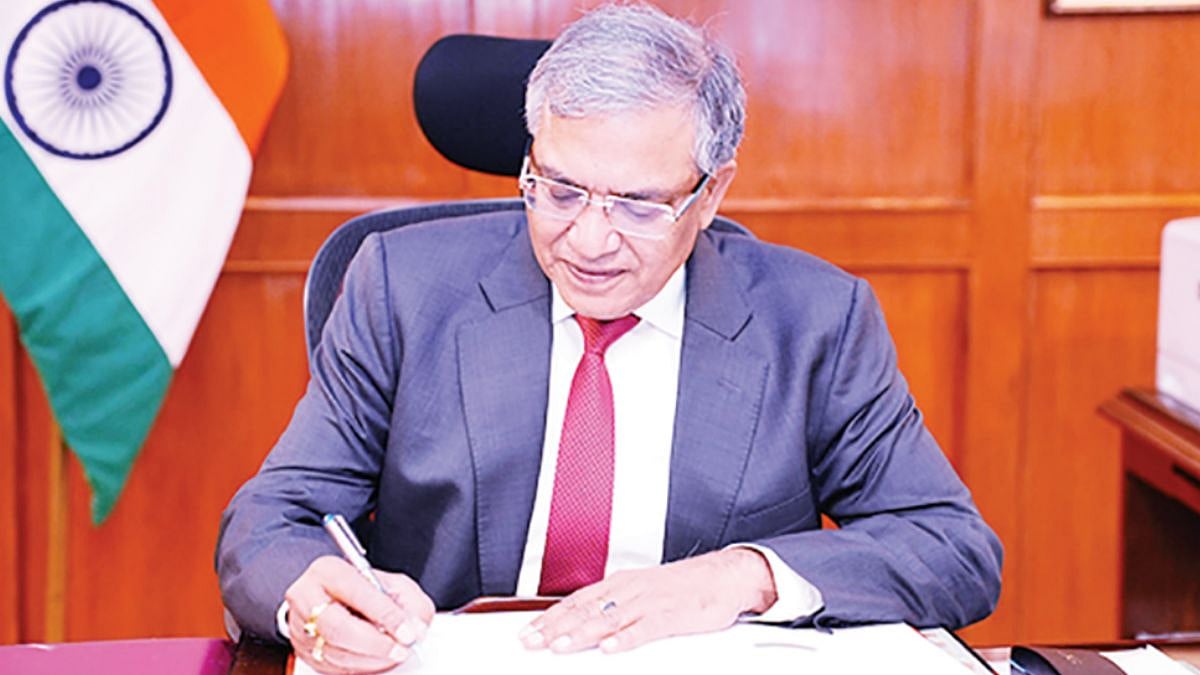New Delhi (India), March 9: Portfolio Management Services offer cutting-edge investment strategies to HNIs, UHNIs and family offices.
Most PMS build client portfolios using stocks. So, every PMS house has a number of strategies that have different stock selection governing rules. The portfolio manager applies these rules and his discretion to invest in stocks that fit the rules and/or offer the highest growth potential.
Because of the relatively high discretion that portfolio managers enjoy (unlike mutual fund managers), the minimum required investment is Rs. 50 lakh for PMS. This criterion tries to ensure that only sophisticated investors can invest in PMS which may be riskier than the average equity mutual fund.
Despite this, PMS strategies suffer from leakages. These leakages eat into investor returns and can potentially shave off 2-5% from the gross return generated by the PMS.
Let’s look at each of these returns and how you can minimise them.
Capital Gain and Dividend Taxation Due To Frequent Churning
If we really dumb it down, what a PMS does for its clients is buy and sell stocks to generate profits.
The profits, or capital gains, attract taxation known as capital gain taxation.
Most know this - but how is it a problem?
Capital gain taxation is a major leakage and can dent your returns significantly in the long run. Here’s an illustration:
Suppose you invest Rs. 100 in a stock-based PMS for 10 years. Suppose the annual portfolio turnover is 25% - meaning 25% of the portfolio is different every year due to buy and sell transactions.
Further, let’s assume that the portfolio generates 15% annual returns (13.75% from appreciation and 1.25% from dividends) and has a 1.25% annual fixed fee.
The value of Rs. 100 would be:
●Rs. 318 post fee
●Rs. 310 after paying taxes on short term cap gains, long term cap gains and dividends
But if you invested in a mutual fund instead of a stock-based PMS, you would be much better off with Rs. 336 post fee and taxes.
The reason is that although taxation for stocks and equity mutual funds is identical, equity mutual funds don’t have to pay taxes during portfolio turnover. This is because the gains are taxed in the investor's hands and not at the fund level.
So, to minimise the tax leakage in PMS, choose a portfolio manager who doesn’t churn the portfolio a lot and doesn’t invest heavily in high dividend stocks. Or just invest in mutual funds!
High Fixed/Management Fee
The lower fee you pay, the higher returns you generate. This is quite logical.
A high fixed/management fee is a deterrent to your portfolio’s long-term compounding.
The solution to this is straightforward - invest with a PMS that has a very low fixed/management fee or even a 0% fixed fee like Dezerv PMS.
Such PMS providers generate bulk of their fees from profit sharing or performance fee.
Losing Opportunities Due To Low Portfolio Manager Discretion
PMS have two primary options - discretionary and non-discretionary.
Under the discretionary service, the portfolio manager has full authority to transact on behalf of the investor. However, under the non-discretionary service, the portfolio manager needs to seek approval from the investor to go ahead with the transaction.
Think of discretionary PMS like UPI - it is instant. But non-discretionary PMS is like a wire transfer that requires a few steps and gets executed over a period of several days.
This delay in execution may result in missed gains or even missed opportunities for the investor.
So, while non-discretionary PMS may seem to give more control to the investor, it can actually work against the investor.
It is recommended to trust your portfolio manager and give him full authority to transact through discretionary PMS.
Conclusion
It is important to identify the leakages present in a stock-based PMS strategy.
They are taxation, high fees and lost opportunities due to low portfolio manager discretion.
Dezerv PMS has structured their offerings in such a way that they minimise or even eliminate all the 3 leakages we have discussed in this article.
First, Dezerv PMS is not stock based but rather mutual fund based. As we saw, mutual funds are tax efficient than a portfolio of stocks because the taxation is delayed which results in uninterrupted compounding.
Second, Dezerv PMS operates with a 0% fixed management fee and a nominal performance fee. This not only plugs a leakage but also aligns investor and portfolio manager interests.
Finally, Dezerv PMS is available only in the discretionary model. This means there is no scope of delay between investment recommendation and its execution resulting in prompt transaction as per the fund manager’s discretion.










